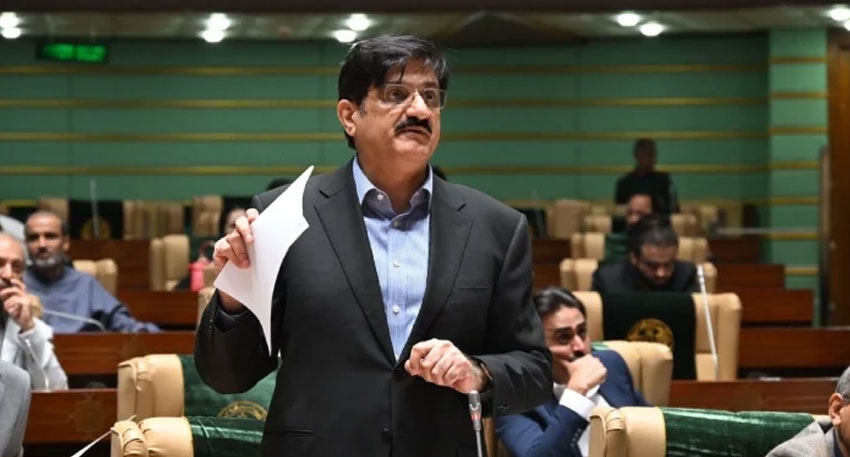
He accused Netanyahu of putting his own personal political considerations ahead of a post-war strategy for the Gaza Strip, claiming that “fateful strategic decisions are met with hesitancy and procrastination due to political considerations,” and urged the prime minister to hold an election in the coming months.
“I call on Netanyahu: set an agreed election date. Do not let our people be torn apart,” Gantz said.
In April, Gantz called for early elections to be held as soon as September, ahead of the one-year anniversary of the war, saying “Israeli society needs to renew its contract with its leadership.” The month before, he had traveled to Washington, DC, to meet with US Vice President Kamala Harris in a trip not sanctioned by the Israeli government.
Gantz often surpasses the prime minister in popularity, according to opinion polls. A survey published Friday by the Israeli Maariv newspaper showed support for Gantz at 42%, compared to 34% for Netanyahu.
Gantz’s resignation sparked calls from far-right members in Netanyahu’s governing coalition, Finance Minister Bezalel Smotrich and National Security Minister Itamar Ben-Gvir, to join the war cabinet. Both men were earlier pointedly excluded from the cabinet at Gantz’s behest.
By dismantling the cabinet, Netanyahu may have avoided having to accede to Ben-Gvir’s calls to join the cabinet, which could have further strained Israel’s relations with the United States, or having to reject his demands, which could have angered the more extreme wing of Netanyahu’s coalition.
Another interpretation is that without Gantz – and Eisenkot who also resigned – in it, there was no longer any point in keeping the war cabinet going. Instead, an Israeli official tells CNN, Netanyahu will in future hold smaller forums to discuss sensitive matters relating to the war with Hamas. It’s unclear whether Ben-Gvir will be excluded from these as well.




